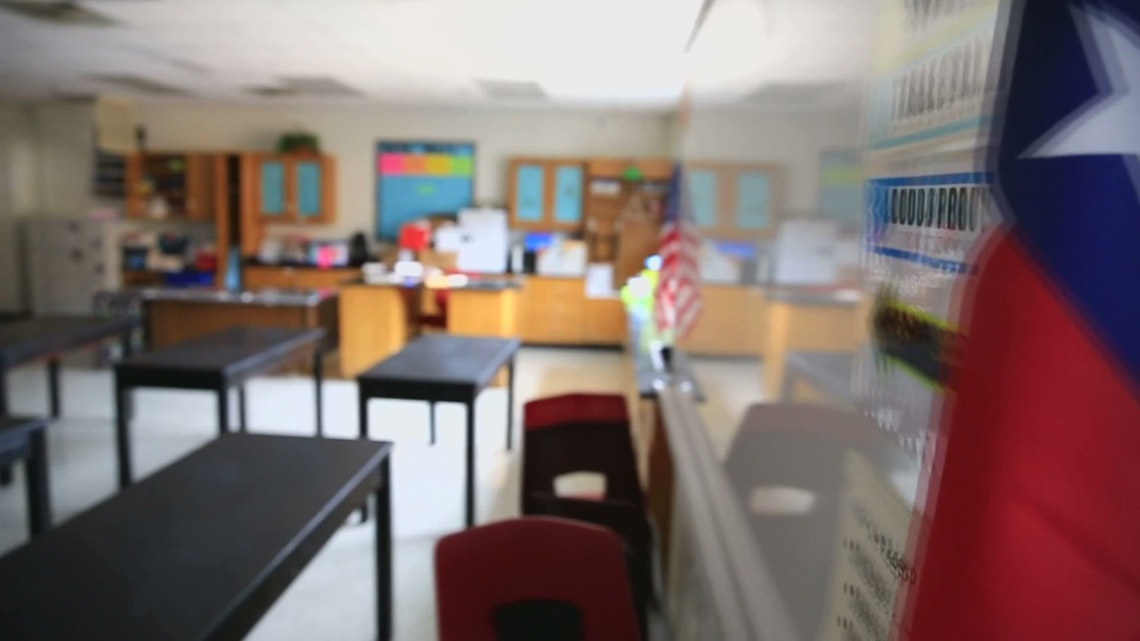
Texas Education Savings Account Program Targets Low-Income and Special Needs Students
The Texas State Comptroller’s Office has announced new guidelines for the Texas Education Savings Account (ESA) program, a pivotal initiative aimed at enhancing educational accessibility for low-income families and students with special needs. As the program prepares to launch in January, advocates and educators are expressing optimism about its potential impact on the state’s educational landscape.
At The King’s Academy in Dallas, a private institution catering to low-income students through a flexible payment model, faculty and administration are preparing to leverage the benefits of the new program. Shailendra Thomas, the head of school, underscores the financial hurdles many families face when considering private education options. “Salvation is free, but everything else costs,” Thomas noted, eloquently pointing to the often prohibitive expenses associated with private schooling.
The newly implemented ESA program, overseen by Acting Texas State Comptroller Kelly Hancock, is set to disburse roughly ,000 annually to qualifying students, with additional funds allocated for those requiring specialized educational services. By utilizing public funds, the program aims to support diverse educational avenues, including private schooling, homeschooling, and other state-approved alternatives. Hancock emphasized the program’s commitment to prioritizing low-income and special needs students, thereby broadening educational opportunities for historically underserved populations.
During a recent visit to The King’s Academy, Hancock met with students and educators to provide insights into the ESA framework and to gather feedback on the newly established rules. “There’s a billion dollars in the program, and frankly, I’d love to sell out,” Hancock remarked, reinforcing the state’s dedication to ensuring that this initiative meets its intended goals.
While the program is projected to serve around 100,000 students out of over five million enrolled in Texas schools, the ,000 annual allocation may not fully cover tuition costs at many private institutions. However, Hancock pointed out that numerous private schools offer scholarships to enhance affordability, further opening access for a broader range of families.
Thomas expressed enthusiasm for the ESA program and its potential to empower families at her school, where students’ contributions vary based on their financial capabilities. “Every family has to have skin in the game,” she explained, reflecting on the current fundraising needs of the academy.
Looking ahead, The King’s Academy is poised to be among the first to apply once the program’s application process opens next year. Thomas is committed to staying informed and ready to assist families wishing to participate. “We should be first in line,” she stated, anticipating a surge in interest among families in search of alternative educational opportunities.
The Education Savings Account program represents a significant transformation in Texas educational policy, heralding a shift in how public funds can be utilized to support private educational options. As the program progresses, its impact will likely resonate across the state’s education landscape, potentially reshaping the choices available to Texas families in the pursuit of quality education.
For families interested in updates regarding the Texas Education Savings Account program, more information and alerts can be accessed through the Texas Comptroller’s official website.


